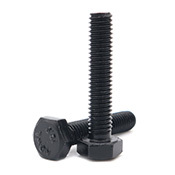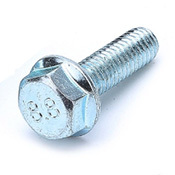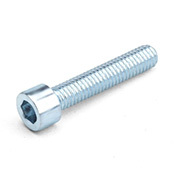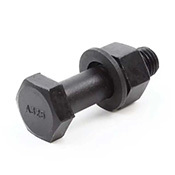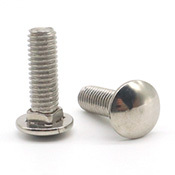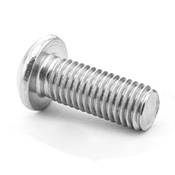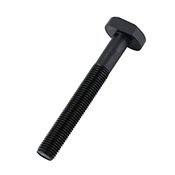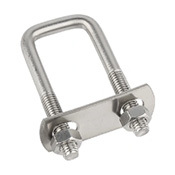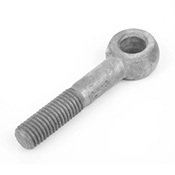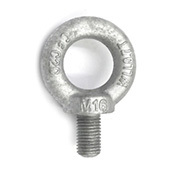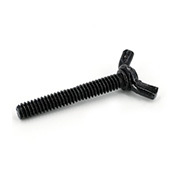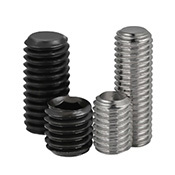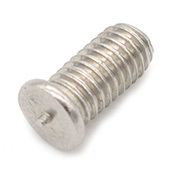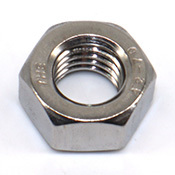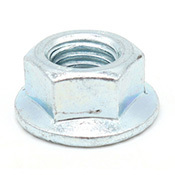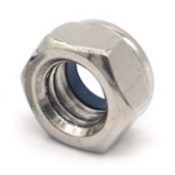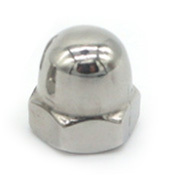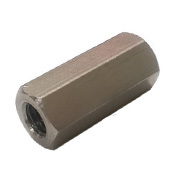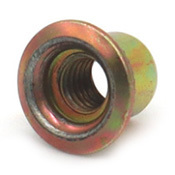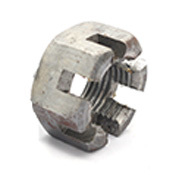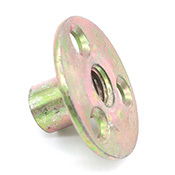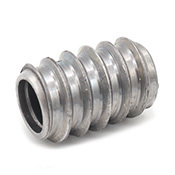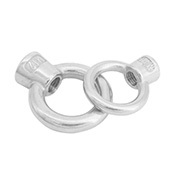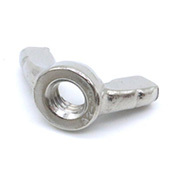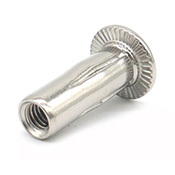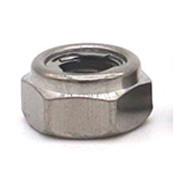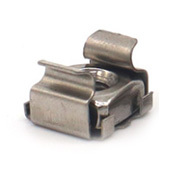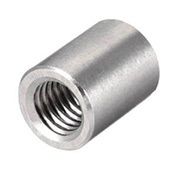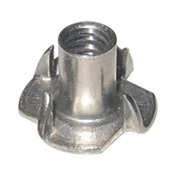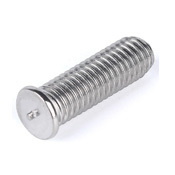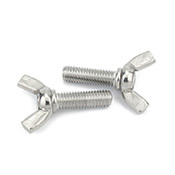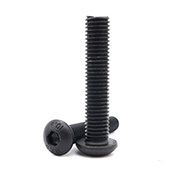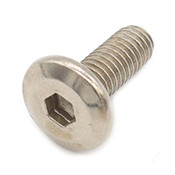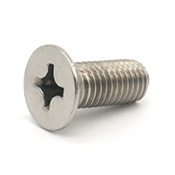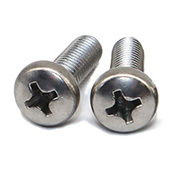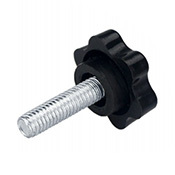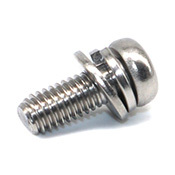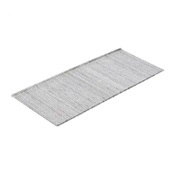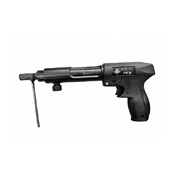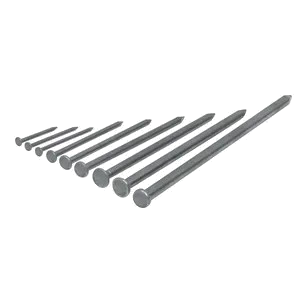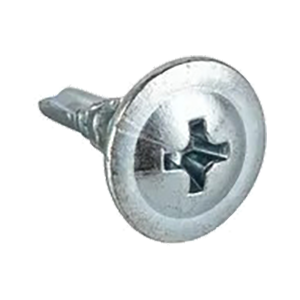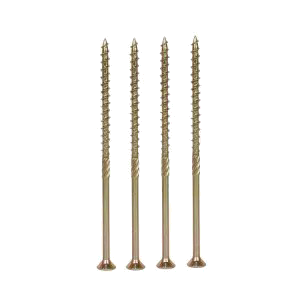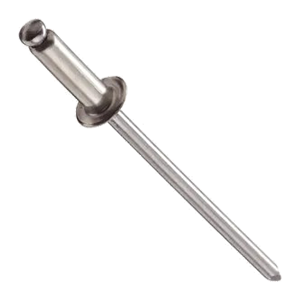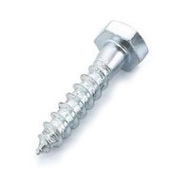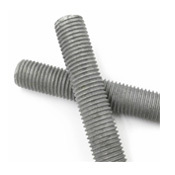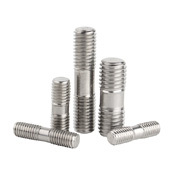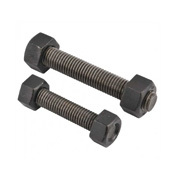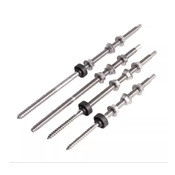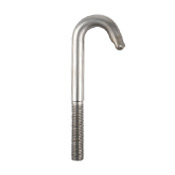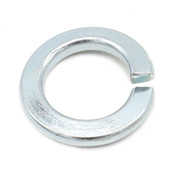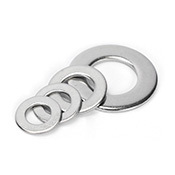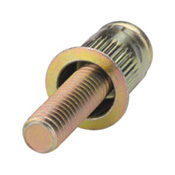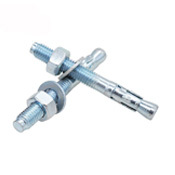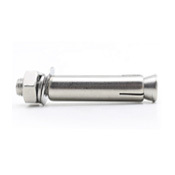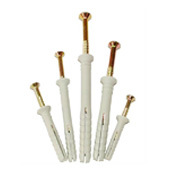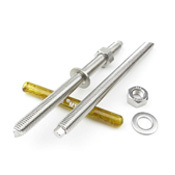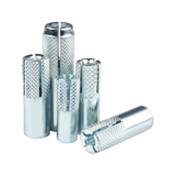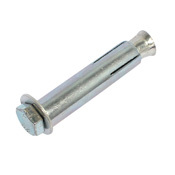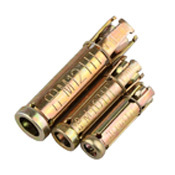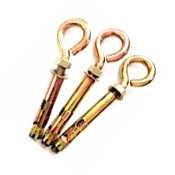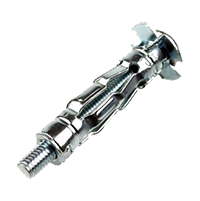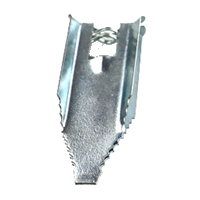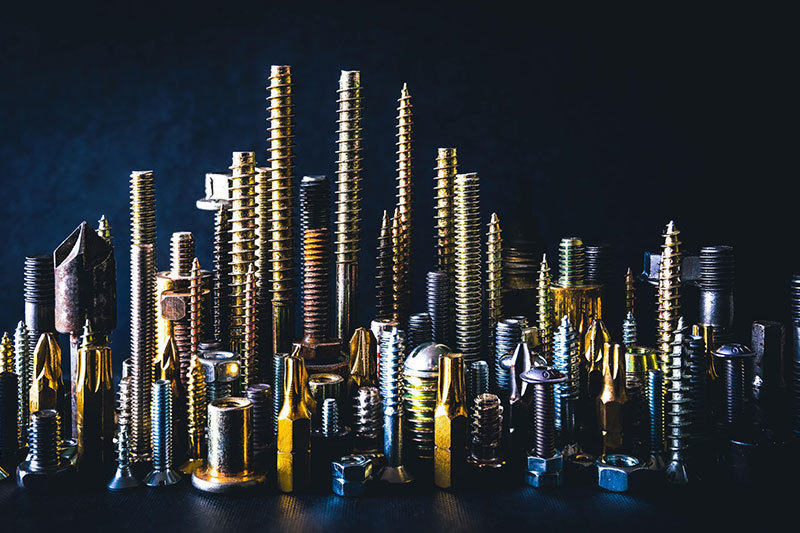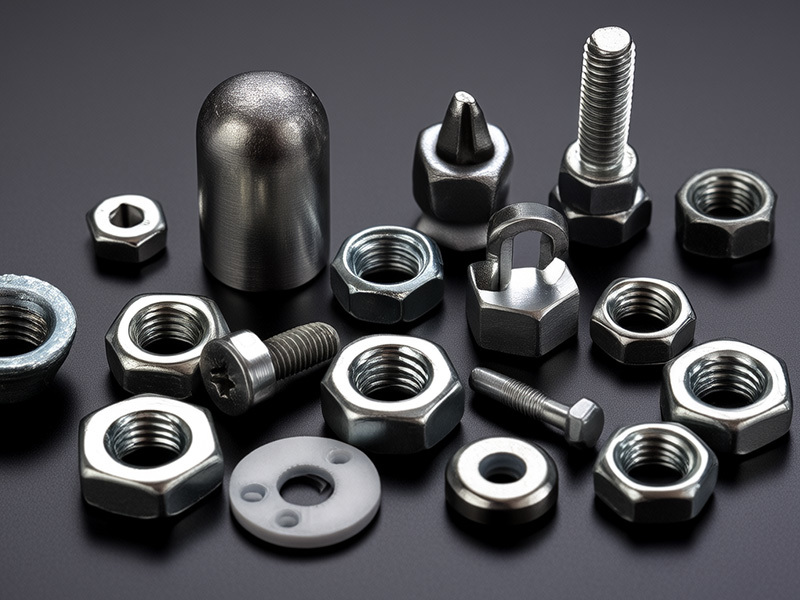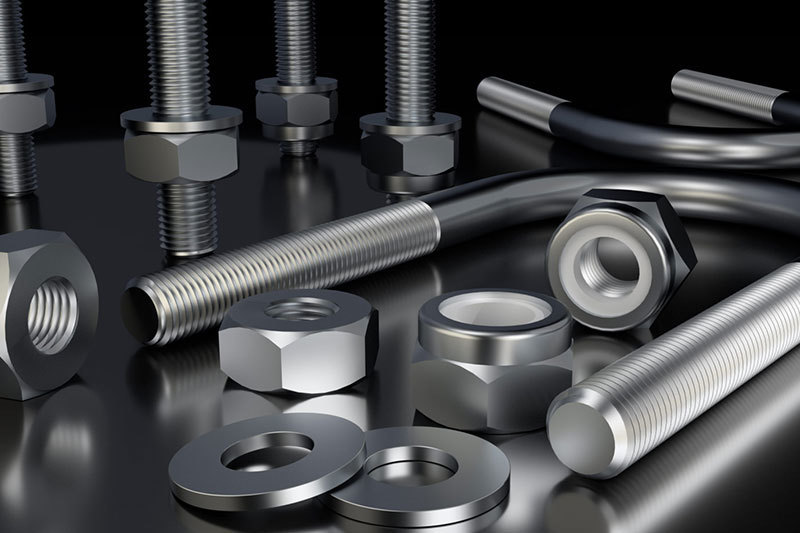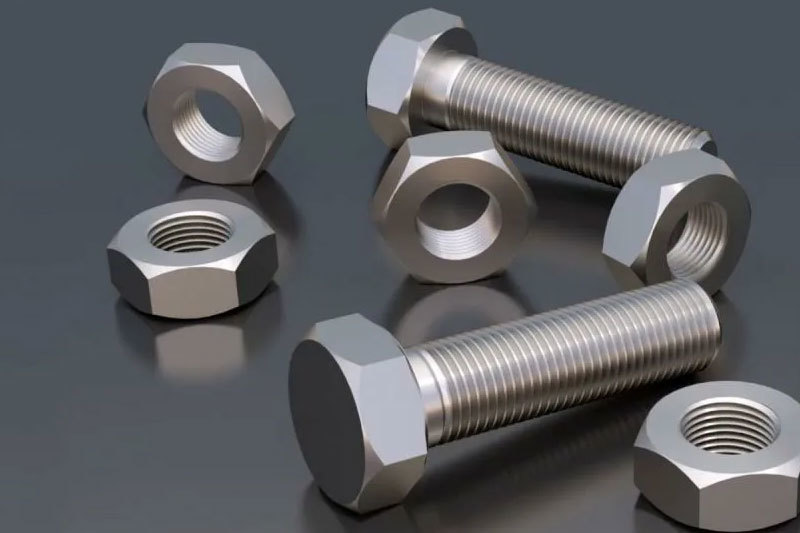Flat Washers: The Unsung Heroes of Fastening Solutions
Oct 30,2025
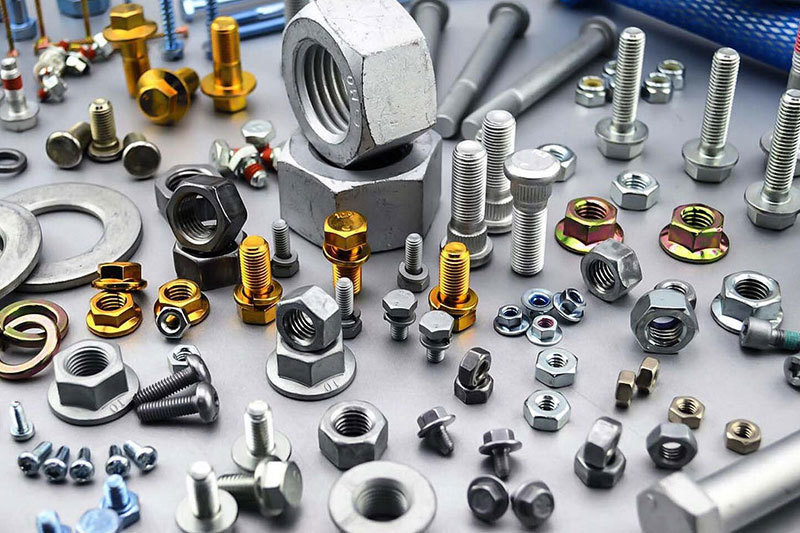
What Are Flat Washers?
Alright, let's cut to the chase! Flat washers are those circular pieces of material (often metal or plastic) that have a hole in the center. You might not give them a second thought, but they play a pivotal role in the world of fastening. These little guys are designed to distribute the load of a threaded fastener, like a bolt or screw, effectively. So, the next time you're tightening something up, remember: flat washers are your trusty sidekicks, working hard behind the scenes!
Why Use Flat Washers?
Now, you might be wondering, "Why bother with flat washers at all?" Well, let me tell you, they bring a plethora of benefits to the table. Here are just a few:
- Load Distribution: They help spread the load of a bolt or screw over a larger surface area, reducing the risk of damage to the material being fastened.
- Vibration Resistance: Using flat washers can help absorb vibrations and prevent loosening over time.
- Corrosion Protection: Some flat washers are coated or made from materials that resist corrosion, which is a big plus in outdoor or damp environments.
Types of Flat Washers
Believe it or not, flat washers come in various shapes and materials, each designed for specific applications. Here's a rundown of some common types:
- Metal Flat Washers: These are the classics, usually made from steel, stainless steel, or brass. They're perfect for heavy-duty applications.
- Plastic Washers: Lightweight and resistant to chemicals, plastic washers are great for electronic devices or applications where corrosion is a concern.
- Lock Washers: Although technically not flat washers in the strictest sense, these are designed to prevent loosening under vibration. They're often used in conjunction with flat washers.
When to Use Flat Washers
So, when should you whip out those flat washers? Here are a few scenarios:
- Joining Two Surfaces: When fastening two materials together, a flat washer can help prevent damage and provide a more secure fit.
- Electrical Applications: In electrical setups, flat washers can provide insulation and reduce the risk of short circuits.
- Automotive and Machinery: If you're working on cars or heavy machinery, flat washers can help ensure that everything stays tight and secure.
How to Choose the Right Flat Washer
Choosing the right flat washer might seem like a no-brainer, but there are a few things you need to keep in mind:
- Material: Consider the environment. Will it be exposed to moisture? Go for stainless steel. Is it a low-stress application? Plastic might do the trick.
- Size: Make sure the washer fits the fastener you're using. A loose or overly tight fit can lead to issues down the line.
- Thickness: Thicker washers can provide better load distribution but might not fit in tight spaces.
Conclusion: Flat Washers Are a Must-Have!
In the grand scheme of things, flat washers may seem small and insignificant, but they are absolutely essential in keeping everything snug and secure. Whether you're a DIY enthusiast or a professional tradesperson, having a variety of flat washers on hand is a smart move. So next time you're working on a project, don't forget about these unsung heroes. They might just save the day!
TAG:
Related Posts
Application and Development of Fasteners in Automotive Industry

Tel/WhatsApp:
Sales E-mail:
The company's main products cover six categories, including nuts, bolts, screws, threaded rods, flat washers and sleeve anchors.
MESSAGE
We will contact you within one working day. Please pay attention to your email.
COOKIES
Our website uses cookies and similar technologies to personalize the advertising shown to you and to help you get the best experience on our website. For more information, see our Privacy & Cookie Policy
COOKIES
Our website uses cookies and similar technologies to personalize the advertising shown to you and to help you get the best experience on our website. For more information, see our Privacy & Cookie Policy
These cookies are necessary for basic functions such as payment. Standard cookies cannot be turned off and do not store any of your information.
These cookies collect information, such as how many people are using our site or which pages are popular, to help us improve the customer experience. Turning these cookies off will mean we can't collect information to improve your experience.
These cookies enable the website to provide enhanced functionality and personalization. They may be set by us or by third-party providers whose services we have added to our pages. If you do not allow these cookies, some or all of these services may not function properly.
These cookies help us understand what you are interested in so that we can show you relevant advertising on other websites. Turning these cookies off will mean we are unable to show you any personalized advertising.







